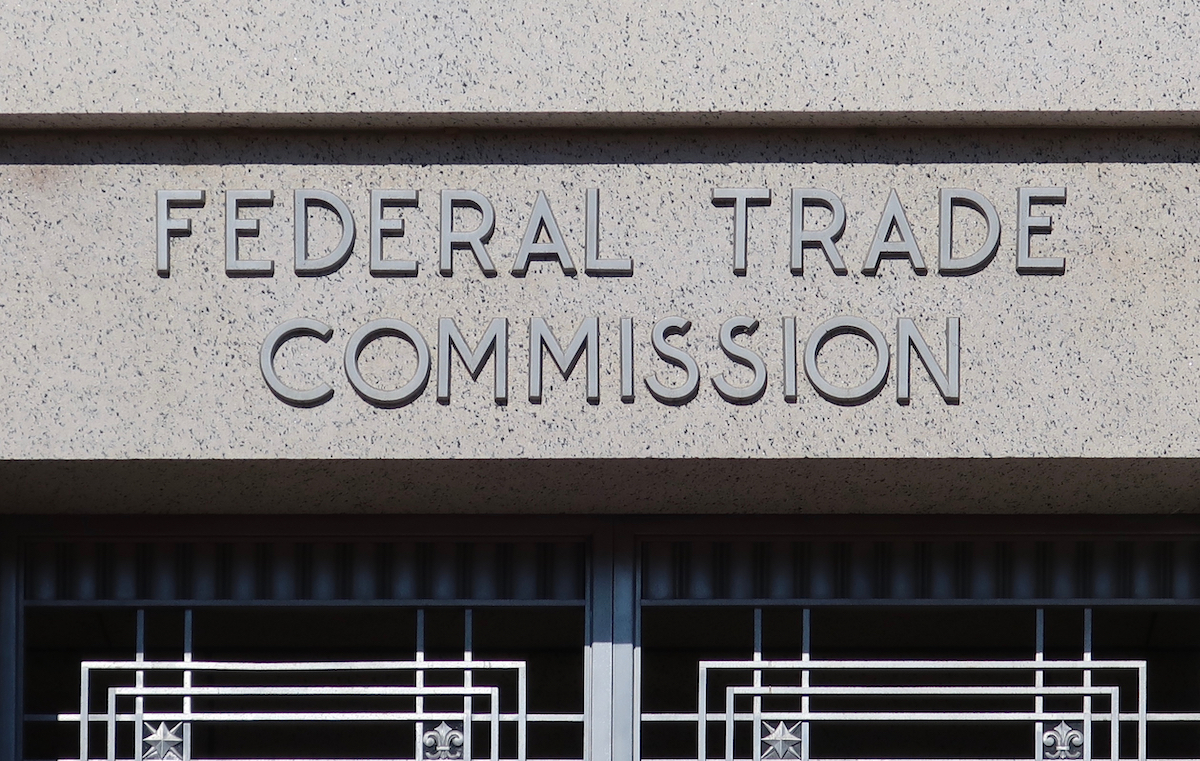
Meta Platforms has sought an emergency injunction from a federal appeals court to halt an ongoing Federal Trade Commission (FTC) in-house hearing. The hearing, which could potentially lead to a ban on monetizing teenagers’ data, has sparked a legal skirmish between the social media giant and the regulatory authority.
In papers filed with the D.C. Circuit Court of Appeals on Monday, Meta Platforms expressed confidence in its appeal, asserting that it is likely to succeed on the merits. The company’s legal argument challenges the constitutionality of FTC in-house hearings, alleging that the commission’s dual role as both prosecutor and judge presents a significant risk of bias. Meta Platforms further contends that historical precedents and recent Supreme Court deliberations question the FTC’s enforcement powers in administrative proceedings.
The urgency of Meta’s appeal comes in the wake of a recent setback in the U.S. District Court, where Judge Randolf Moss denied the company’s request to derail the FTC’s hearing. Judge Moss referenced previous Supreme Court rulings that upheld similar arrangements, including a case nearly five decades ago involving a state medical board’s authority to adjudicate misconduct allegations against doctors.
Related: Meta Wins Ruling Against FTC In VR Purchase Case
However, Meta Platforms highlights the evolving legal landscape, pointing to the Supreme Court’s current deliberations on limiting federal agencies’ enforcement authority. Notably, the company stresses the potential for irreparable harm if compelled to participate in a proceeding that might later be deemed unconstitutional.
This latest legal maneuver marks a significant escalation in the protracted battle between Meta Platforms and the FTC, which traces back to May when the regulatory body proposed modifications to a 2020 settlement. The original settlement, stemming from allegations related to the Cambridge Analytica scandal and other data privacy breaches, required Meta Platforms to pay a hefty fine of $5 billion and implement enhanced privacy oversight measures.
Source: Media Post
Featured News
Google and South Carolina Clash Over State Records Demand
May 8, 2024 by
CPI
Telefonica Germany Teams Up with Amazon Web Services to Migrate 5G Customers
May 8, 2024 by
CPI
Federal Judge Grants $7.4 Million Settlement in Pork Price-Fixing Case
May 8, 2024 by
CPI
Wilson Sonsini Bolsters Antitrust and Competition Practice with Key Partner Returns
May 8, 2024 by
CPI
EU to Scrutinize Telecom Italia’s Network Sale to KKR
May 8, 2024 by
CPI
Antitrust Mix by CPI
Antitrust Chronicle® – Economics of Criminal Antitrust
Apr 19, 2024 by
CPI
Navigating Economic Expert Work in Criminal Antitrust Litigation
Apr 19, 2024 by
CPI
The Increased Importance of Economics in Cartel Cases
Apr 19, 2024 by
CPI
A Law and Economics Analysis of the Antitrust Treatment of Physician Collective Price Agreements
Apr 19, 2024 by
CPI
Information Exchange In Criminal Antitrust Cases: How Economic Testimony Can Tip The Scales
Apr 19, 2024 by
CPI